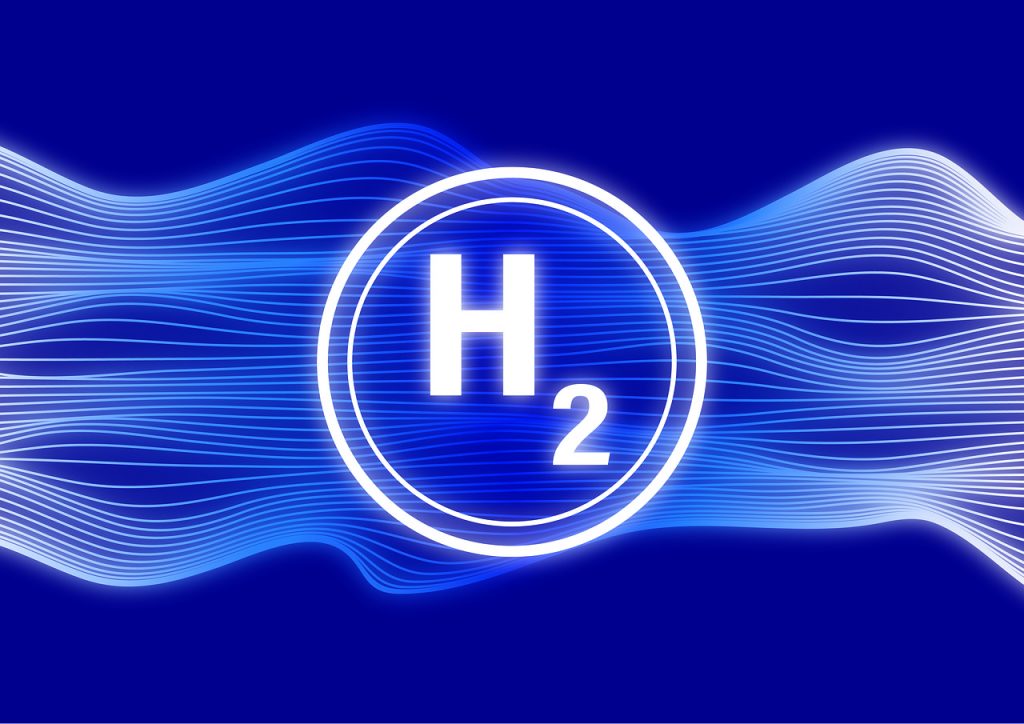The European Union’s hydrogen mandate would put more pressure on the electricity network and further drive up costs, according to an analysis by Transport and Environment (T&E).
The European Commission has suggested a 2.6% target for renewable fuels of non-biological origin such as ‘green’ hydrogen in transport and replacing 50% of the ‘grey’ hydrogen used in industry, both by 2030. These form part of the ‘Fit for 55’ legislative package.
T&E’s electricity manager, Geert De Cock, said that the new data indicates the EU’s suggested hydrogen targets would “heap unnecessary pressure on wind and solar when clean electricity will be needed to power the growing number of electric cars and heat pumps for homes”. All this at a time when many countries are wrestling with energy cost surges.
T&E’s paper suggests the EU’s plan for increasing the use of renewable hydrogen in the energy mix could increase electricity demand by about 17%.
Before the demand can be met by renewables such as wind and solar, the electricity grid will have to rely on energy from ‘dirty’ sources such as gas, driving up gas prices even more.
This would ultimately slow down the decarbonisation of the grid, as the power system fights to keep up with additional demand from areas such as electrified road transport. This area demands an extra 6% in the same timeframe, according to the paper.
As such, De Cock said “the EU must ensure that any hydrogen production is coupled with new renewable energy generation”.
Recognising that hydrogen is essential for decarbonising sectors such as shipping and aviation, the group supports a lower target of 1.6% by 2030.
